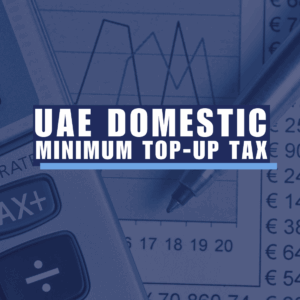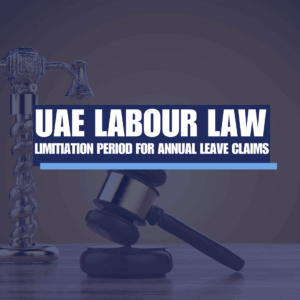- Taxable persons with a financial year ending 31 December 2024 must submit their CIT return by 30 September 2025.
- Filing must be completed electronically via the Federal Tax Authority (FTA) portal.
- Requirements vary depending on company size and annual revenue.
- Specific accounting standards and supporting documentation apply to different company categories.
- Failure to comply may result in significant financial penalties.
I. General
With the introduction of Corporate Income Tax in the UAE, all taxable companies and individuals are required to submit their tax returns within the prescribed deadlines. Taxable persons include UAE resident legal entities, non-resident entities with a Permanent Establishment in the UAE, and individuals conducting business with annual revenue exceeding AED 1 million.
For financial years ending on 31 December 2024, the CIT return must be filed no later than 30 September 2025 via the FTA’s online portal. Any tax due must be paid by the same date. Advance tax payments are not required.
The CIT return must include the company’s registration details, the standalone annual financial statements, the calculation of taxable income, and detailed tax adjustments. Companies are required to maintain supporting documentation for a minimum of seven years.
II. Obligation to Prepare Financial Statements and Use of Simplified Accounting Methods
As a general rule, businesses in the UAE are required to prepare annual financial statements in accordance with the International Financial Reporting Standards (IFRS) or the IFRS for Small and Medium-sized Entities (IFRS for SMEs). A simple income and expenditure statement, as may be permitted under certain other tax regimes, is not envisaged under UAE regulations. Even where the cash basis of accounting is applied, the minimum standards for bookkeeping and record-keeping obligations must still be strictly observed.
III. Cash Basis (Payment Flow Principle)
The cash basis is a simplified accounting method in which income and expenses are recorded at the time of actual cash flow. This method is only permitted for companies with an annual turnover of up to AED 3 million. The cash basis simplifies bookkeeping but does not replace the obligation for systematic recording and documentation of all business transactions.
IV. Realization Basis
On the realization basis, income and expenses are recognized at the time of their economic occurrence, regardless of when payment is made. This method is particularly suitable for companies dealing with assets, long-term contracts, or project-based revenues. The realization basis is permitted if applied consistently and per accounting standards. Companies must also properly account for unrealized gains and losses in line with tax regulations.
V. Audit Requirement
Starting from the tax year 2025:
- Companies with an annual turnover exceeding AED 50 million must submit audited financial statements.
- Qualifying Free Zone Persons are subject to mandatory audits regardless of their turnover.
- Tax groups must prepare a special audited consolidated group financial statement.
Companies with a turnover of up to AED 50 million that do not qualify as Qualifying Free Zone Persons are not required to undergo an audit but must still prepare financial statements in accordance with IFRS or IFRS for SMEs.
Late submission of tax returns will result in significant penalties. Additional sanctions may apply for incomplete information or violations of bookkeeping obligations.
VI. Conclusion
Companies in the UAE should address the formal requirements of the Corporate Income Tax in a timely manner. It is particularly important to determine whether the cash basis or the realization basis can be applied and which accounting standards are mandatory for the respective taxable entity. Preparing audited financial statements is also advisable for companies below the turnover threshold in order to have an independent auditor’s report available in case of inquiries from the FTA. Meeting deadlines is crucial to avoid penalties. Proactive planning, comprehensive bookkeeping, and timely coordination with tax advisors form the foundation for a proper and efficient tax return process.




